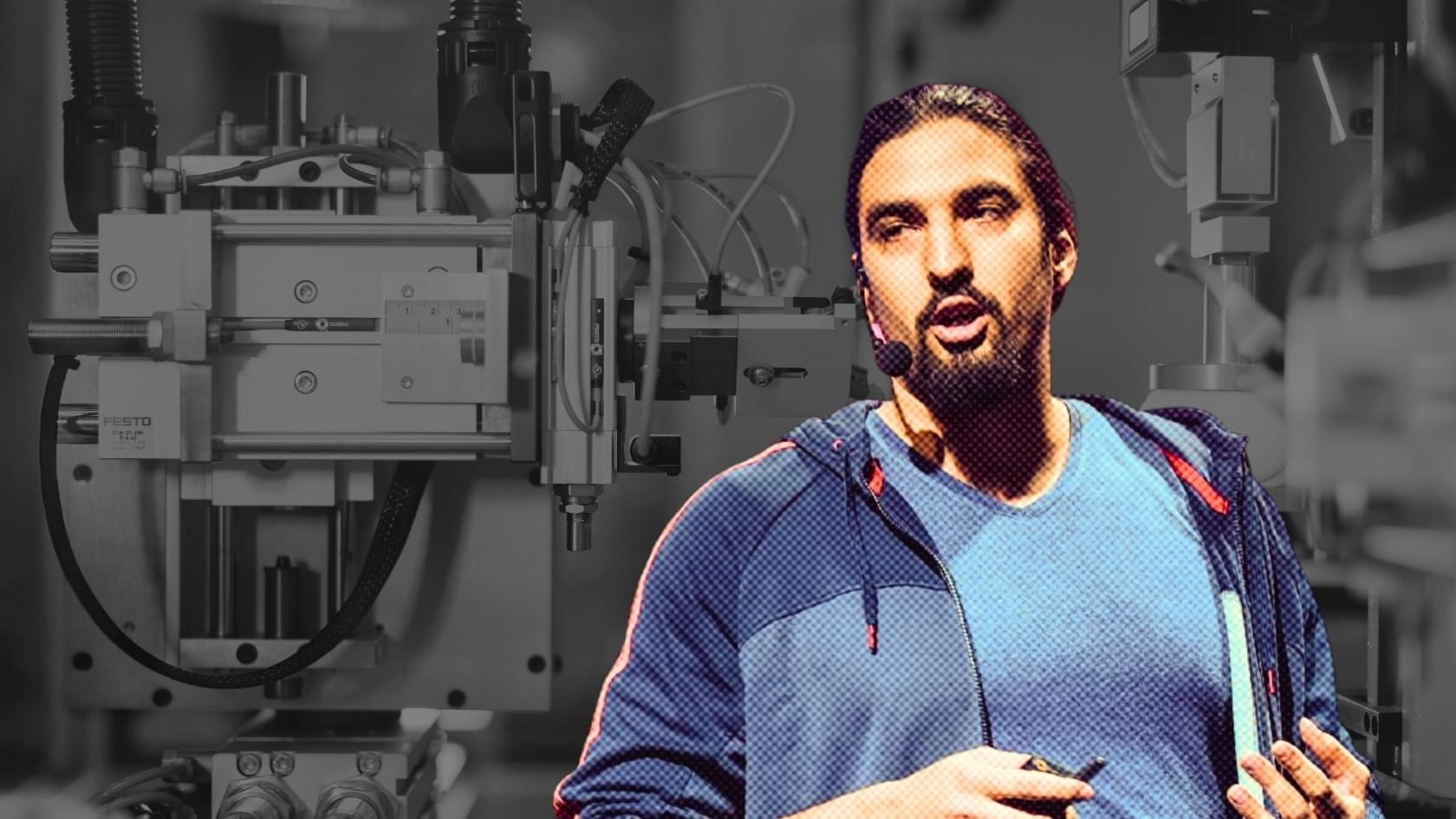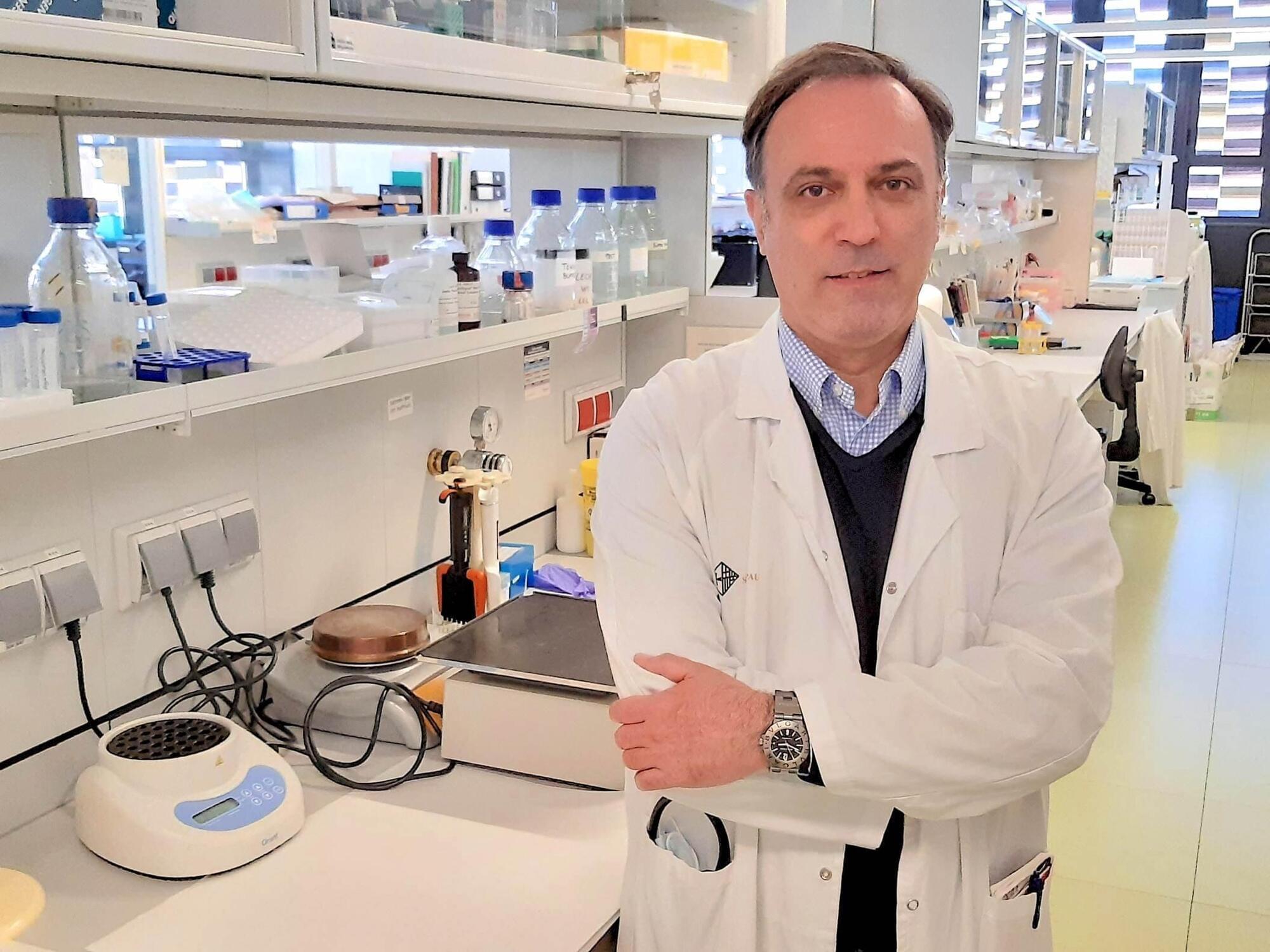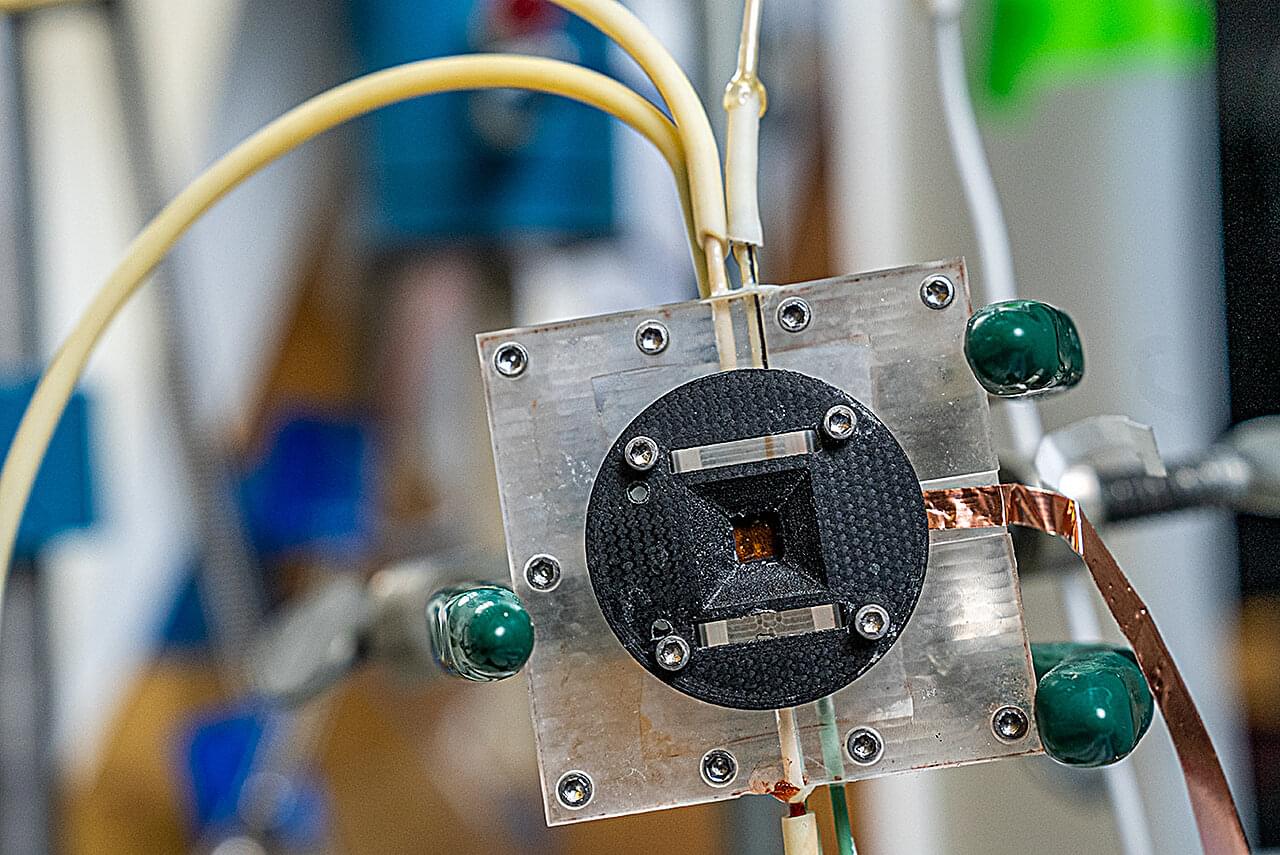We are ready to unveil the world’s first real-world speeder bike.
Stay tuned for the official launch video soon.
Subscribe and check out new videos.
#speederbike #hoverbike #starwars #jetpack #ironman #futuretech #flying #airbike #teaser.
https://twitter.com/Volonaut.
https://www.tiktok.com/@volonaut.
https://www.facebook.com/volonaut.
https://www.instagram.com/volonaut.
https://www.linkedin.com/company/volonaut/
